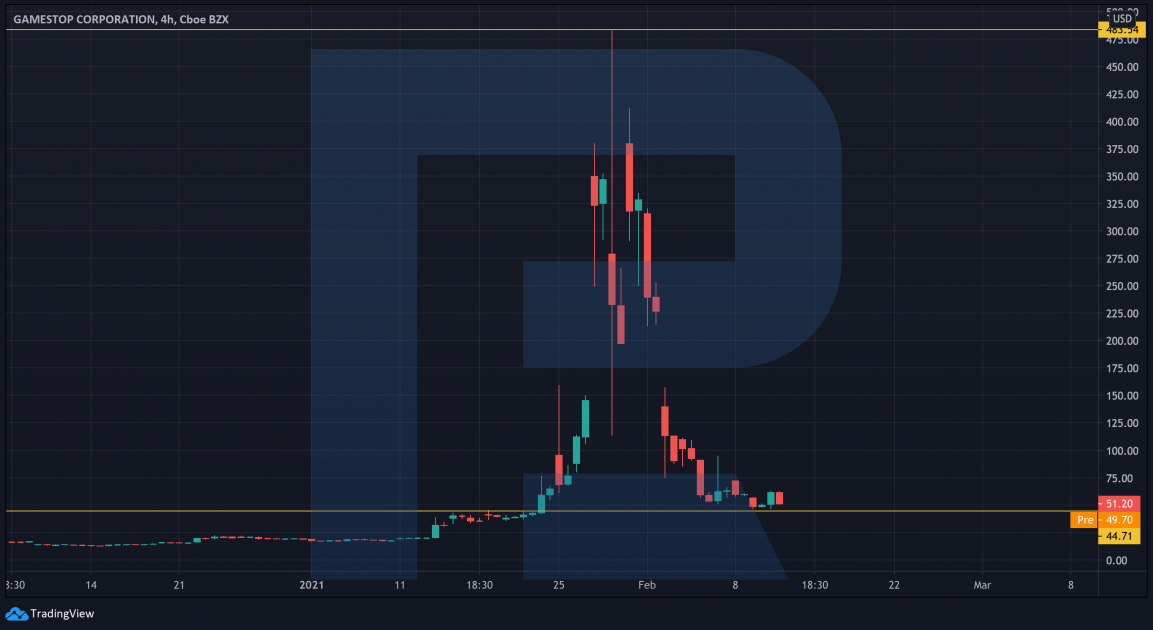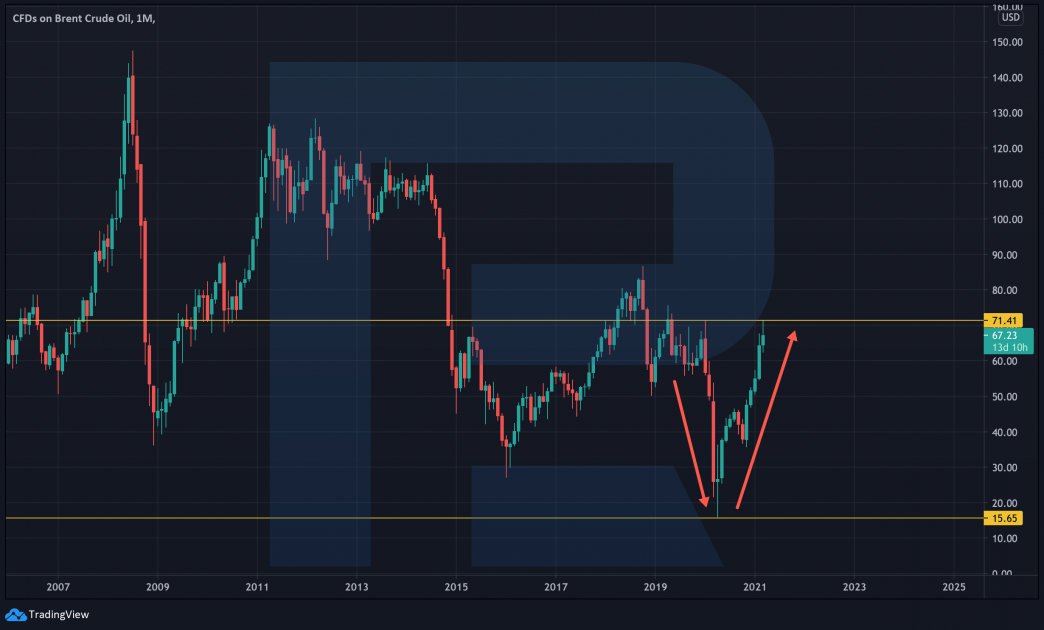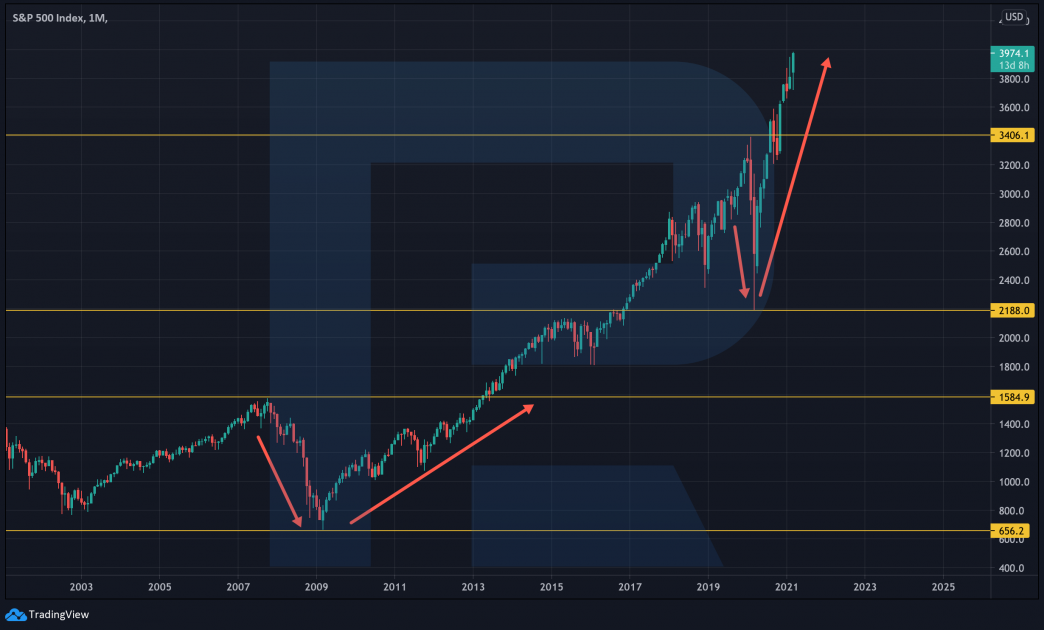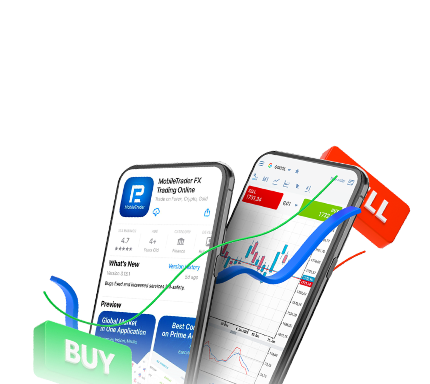What is Herd Instinct in Forex, and How Does It Influence Trading?

7 minutes for reading
A trader must work alone – or at least, this is the opinion often voiced by experts. For example, the Oracle from Omaha (which is the nickname of Warren Buffett) says that an investor should not concentrate on the ideas of the majority but neither should they go against the crowd.
The majority might be mistaken, but when a person follows the crowd, they take off themselves a load of responsibility for a wrong decision. You can even notice that when people trade together, they open positions with much more ease than when they trade all alone, with no one else to consult. Acting counter the general opinion would also be a mistake because in such cases the trader does not make decisions based on analysis but just tries to spite others and prove themselves right.
It is hard to find two identical traders: everyone has their own investment horizons and risk limits. Some a ready to tolerate a drawdown by 100 points, while others will close a position as soon as the price drops slightly below the entry point. Profits also make people act in different ways: some close a position with a minimum profit, while others will squeeze everything they can out of it. Let us figure out how the herd instinct can harm a trader.
Unique skills of a trader
Bill Wolfe in his book on Wolfe Waves points at the knowledge and skills that a trader must have to succeed. They must acquire those skills on their own and bring them to perfection. This is what differs a good investor from all the rest. In that book, it is also mentioned that Wolfe Waves is not a very popular trading method, which is why it can lift a trader to a new level of work.
On the other hand, if a trader works in a group or reads forums and make decisions based on conversations there (for example, whether to buy this or that asset), they lose skills and use side noises for trading.
With this second approach, an investor might start working against their own ideas. For example, they expect EUR/USD to fall, but on forums and in the news the majority is buying or ready to buy the EUR because things are going poorly in the USA, and Biden has launched the printing machine again. This way, the investor might change their mind about the market, under the pressure of the crowd and the news. Here, the herd instinct is triggered: so many people cannot be wrong – and trading skills get shoved away for good.
Of course, a decision can be correct today, but will it be correct tomorrow? This is the main question. A trader can stop analyzing the market and make decisions based on their experience – and if so, all the advantages of experienced, important for reaching a long-term result, will be lost.
Trading is unnatural
In a psychology book by Thomas Oberlechner, you can find some questionnaires and tests distributed in a group of respondents. Analyzing the results, the author concluded that for people, it is much easier to tolerate losing trades than profitable positions.
As soon as a loss appears on the account, a person is ready to watch it grow, even if there is a minimal possibility of making a profit. With profitable trades, things are quite the opposite: most often, people are ready to take it immediately and never let it grow, even if this is highly probable.
Such polls and tests show that people cannot evaluate risks correctly and will hope for a reversal to the bitter end, while it is much wiser to close losing positions and let profitable ones grow.
However, a crowd will do just the opposite. This is most obvious in strong trends when market players start selling when the price is “too high” or start buying when the price seems “too low”.
The effect of lagging
The common phrase that If shoe shine boys are giving stock tips, then it’s time to get out of the market. appeared in the 1930s in the times of the Great Depression. When the majority starts buying stocks, get prepared for the stock market crash.
If some stocks or other financial instruments sky-rocket, the media start publishing information about these movements, heating the interest. A simple "user", hardly acquainted with investments, starts counting their potential profit: the asset started from 5 USD, and several months later, the price grew to 50 USD. This means it grew 10 times; few would abstain from such profitability, and there are almost no risks. However, in practice, such euphoria does not last long, and the price of the instrument finally drops, pulling in tow the expectations of individual investors. Hence, most often, the crowd buys actively at the top of the market. Such behavior creates that lagging effect when the majority enters the market too late at the highest price.
This is what happened to GameStop shares, when private investors fromthe Reddit forum started buying the shares to oppose the actions of a trust that was selling them. The stock price started growing, indeed, and all media kept insisting on retail sellers winning the fight with professional investors. The price reached 480 USD, and the community of "buyers" grew several times. Individual investors kept buying and expected growth over 1,000 USD as mony kept writing on the forum that this was the next goal, so everyone had to hold the shares until they reach that goal. In the end, the price dropped to 50 USD, and those who had got persuaded by the media to go buy the shares at 400 USD suffered serious losses.

Buy when blood flows
The reverse side of massive amateur buying is a drastic decline of financial instruments. When it seems that this is the end, and the rate will never recover, experienced investors buy the instrument.
This is what happened with oil: at the beginning of 2020, the quotations dropped dramatically, and the WTI futures even fell below zero. However, today Brent is trading above 70 USD per barrel. It is clear that oil prices cannot stay near zero, but fear prevented investors from buying at such lows. Many investors discussed the growth of oil prices but few were bold enough to play long.

Experienced traders also advise to buy at declines. For example, consider buying a stock that has fallen by 25-40%. Even if we look at significant declines of the S&P 500, we will see tge quotations grow after every decline, showing new highs regardless of world crises and all. And the profitability of a simple purchase of the index at a decline can give more than any other investment.

It is indeed psychologically hard to buy an asset that has dropped several times. Here we get back to the idea that trading is sometimes an unnatural activity that needs practice and experience.
Summary
As we can see, there are examples when the influence of the majority harms individual traders, making them go against the rules and act irrationally. In a crowd, you can avoid responsibility for your mistakes; following the crowd, you open positions easily but your result might be far from satisfactory. A good example is regular falling of the S&P 500 or the decline of GameStop shares in January, 2021.
Experienced traders even try to create strategies based on tracking the number of open positions in an instrument, and if there are more than 80% of trades open in one direction, they go in the opposite. Also, major players buy when the market is panicking, and weak investors leave it with large losses.
First and foremost, a trader should believe in themselves, work by a high-quality trading strategy, and stick to their money management rules. Stay apart from the majority but do not purposefully contradict it – Warren Buffett cannot be wrong.











